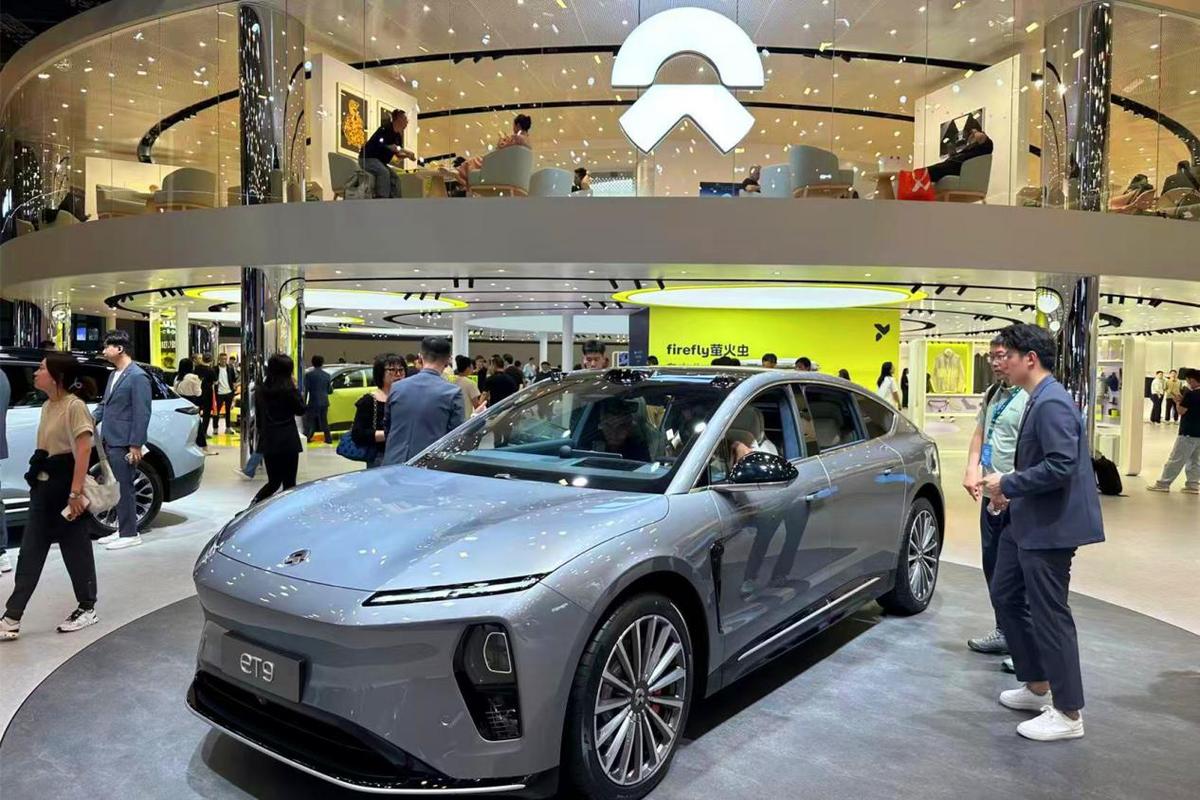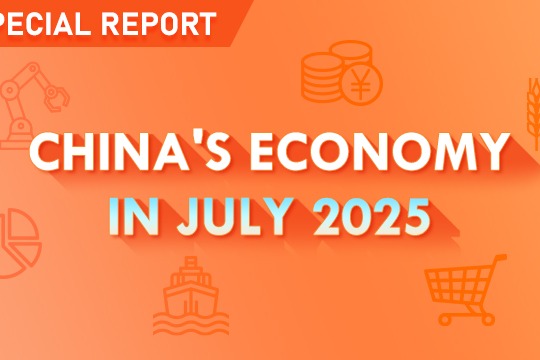Service quality key differentiator for NEV marques


Service is becoming the key battleground for China's fast-growing new energy vehicle sector, according to J.D. Power's inaugural China New Energy Vehicle Customer Service Index Study released on Thursday.
Overall satisfaction among NEV owners was 775 on a 1,000-point scale, the survey found. Premium brands scored 776, mass-market brands 775 and domestic marques 774.
"Competition in the NEV sector has reached the stage where customer trust is the ultimate battleground," said Ann Xie, general manager of J.D. Power China's digital retail consulting practice.
"Only enterprises that can provide smooth service processes can define the final form of new energy," she said.
Nio ranked highest among both premium and domestic marques, with a score of 801. Li Auto led mass-market players at 788, edging out Xpeng (787).
The findings highlight how China's booming NEV sector is entering a new phase where service quality, not just product performance, is becoming a key differentiator.
Mobile onsite service usage surged to 32 percent of customers, up 12 points from last year, as automakers seek to turn routine maintenance into revenue opportunities.
J.D. Power found that users of mobile services spent an average RMB 591 ($81) more on after-sales in the past year than those who did not.
By contrast, nearly half of NEV owners reported problems with brand-owned chargers, while satisfaction with remote diagnostics lagged as most users still needed a service-center visit afterward.
Responsiveness is improving but resolution is slipping. More than 55 percent of owners said automakers responded promptly to issues, up from 52 percent a year earlier.
Yet the share who saw their problems fixed in a single visit fell to 69 percent from 74 percent.
Also, regional disparities stood out: Tier-1 and Tier-2 cities scored 18 points lower than smaller markets.
J.D. Power said that was driven by higher customer expectations in major cities—meaning that even when the same level of service is provided, satisfaction tends to be lower and any gap between expectations and delivery results in sharper declines.
The 2025 study was based on responses from 13,253 vehicle owners in 81 cities, covering 61 brands between March and June.




































